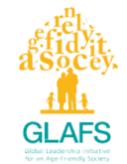2014年11月25日
11月25日 第5回イヴニングサロン・リポート
 |
|
| 第5回イヴニングサロンは、初の試みとしてGLAFSコース生に話題を提供してもらいました。そのためか、今回はいつも以上に学生の参加が多く、和気藹々とした雰囲気。ジェロネットからも多数、ご参加いただきました。 | |
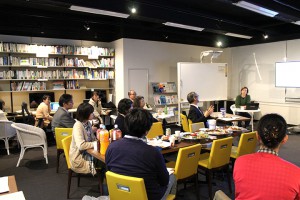 |
会場の様子 |
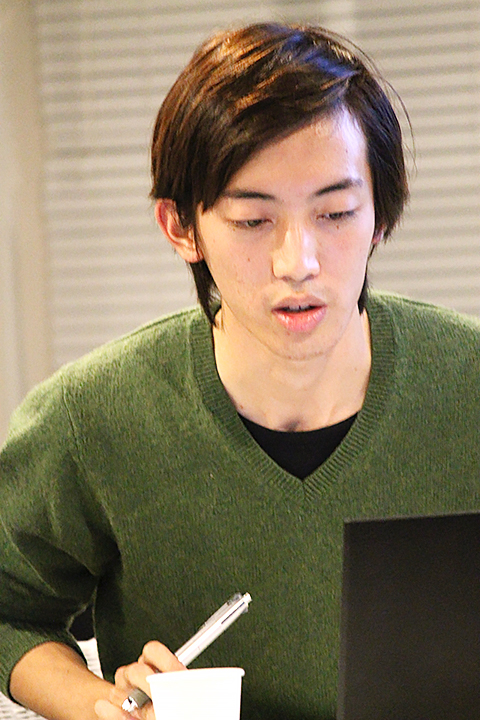 |
前半は、松本博成さん(医学系研究科修士1年)による「大槌町で感じたCBPRの可能性」。CBPR(Community-Based Participatory Research)とは、「研究プロセスに関係するパートナーを全て公正に参加させ、各々が有する独自の強みを活かす、協働的アプローチ」の略で、国内の地域保健活動にも導入されつつある方法論のこと。 松本さんは今夏、GLAFSフィールド演習の一環として大槌町で行われた「コミュニティ居住環境点検」に参加し、そこでCBPRが実現されていることに気付いたと言います。 その時の経験をオーバーラップさせながら、「CBPRの9つの原則」「パートナーシップ形成のための10原則」等について語ってくださいました。 |
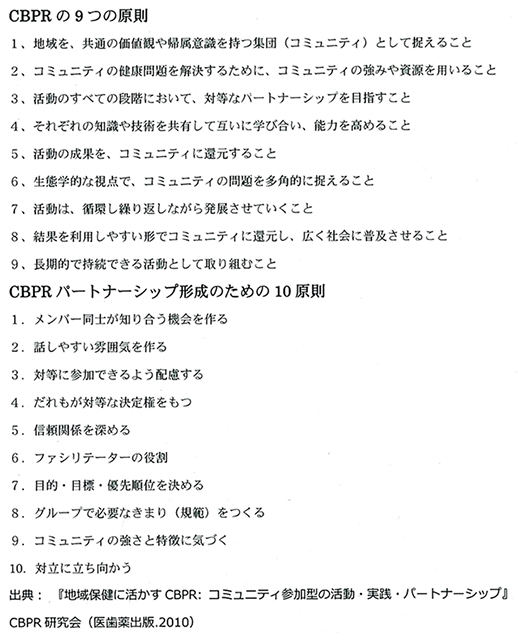 |
「CBPRの9つの原則」「CBPRパートナーシップ形成のための10原則」はこちらをご覧ください |
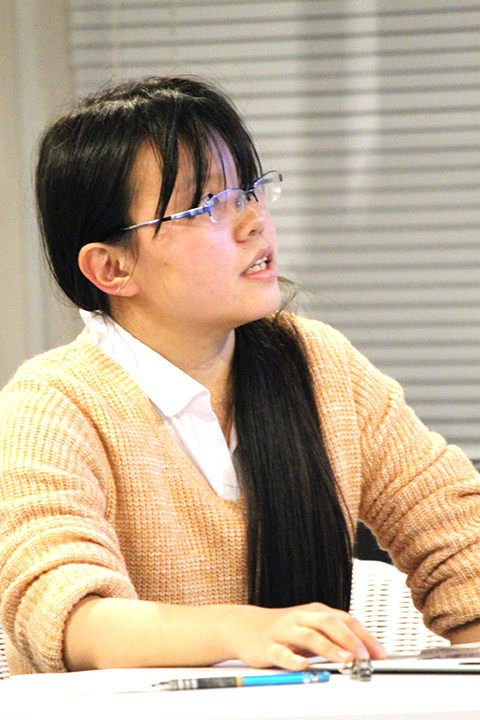 |
後半は、内山瑛美子さん(情報理工学系研究科修士1年)による「福祉施設の在り方とは(介護等体験を終えて)」。 内山さんは、中学校教員免許取得のために必修となっている「介護等体験」の一環として、高齢者福祉施設実習に参加。その経験をもとに、多くの課題を提供してくれました。中でも介護等体験の目的が不明瞭であることや、5日間の福祉施設での実習という用意されたプログラムは目的達成のために不十分ではないか、70代から90代後半までの多世代を「高齢者」として一括りに扱うことは問題なのではないか等の指摘に参加者の多くが関心を寄せました。それを受けて、その後のディスカッションでは、暦の年齢ではなくソーシャルエイジこそが重要なのではないか、年齢差の持つ意味は若年層に比べて高齢者のほうが相対的なのではないかといった議論がなされました。 |
 |
|
| At the 5th Evening Salon GLAFS students gave a talk for the first time as an initial trial. For that reason, it seemed that there were more students participating than usual. There was a cozy atmosphere. There were also many participants from the Gerontology Network. | |
 |
Venue |
 |
In the first half, Hironari Matsumoto, 1st year master student from the Faculty of Medicine, gave a talk on “CBPR capabilities evident in Otsuchicho.” CBPR, which stands for Community-Based Participatory Research, is a cooperative approach and methodology being introduced in domestic community healthcare activities which enables partners involved in research processes to participate fairly and maximize individual potential. Matsumoto participated in a “community housing environment checkup” which was conducted as part of GLAFS Field Training in Otsuchicho. He noticed that the process of CBPR had been realized there. He discussed the “nine principles of CBPR” and “ten fundamental rules for the formation of partnerships” |
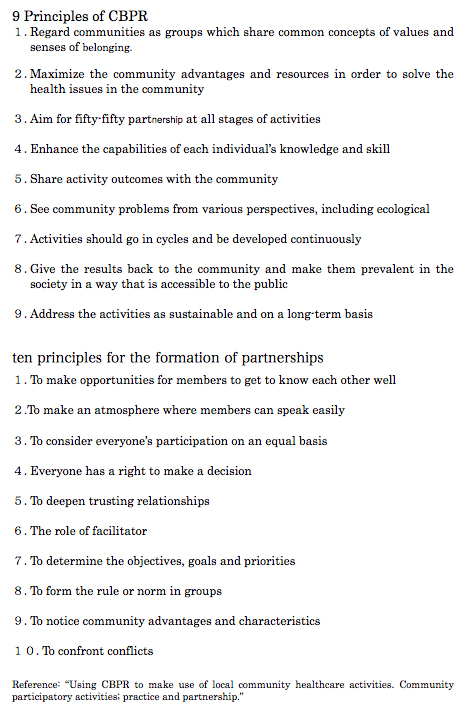 |
「9 Principles of CBPR」「ten principles for the formation of partnerships」Click here |
 |
Emiko Uchiyama, first year of master student from the Faculty of Information Science and Technology gave a talk on the role of welfare facilities after completing nursing care training. Uchiyama participated in field training at an elderly welfare facility as part of nursing care experience. She was offered many challenges through the experience. Many participants indicated areas where the objectives of nursing experiences were not clear. This included points like: 5 days of training at welfare facilities is not enough, and lumping older adults in their 70s and late 90s together may be controversial. In response to these statements, there were discussions concerning “Social Age” as what matters rather than “Calendar Age,” and the significance of the age difference is a relative matter in older adults compared to the younger generations. |
